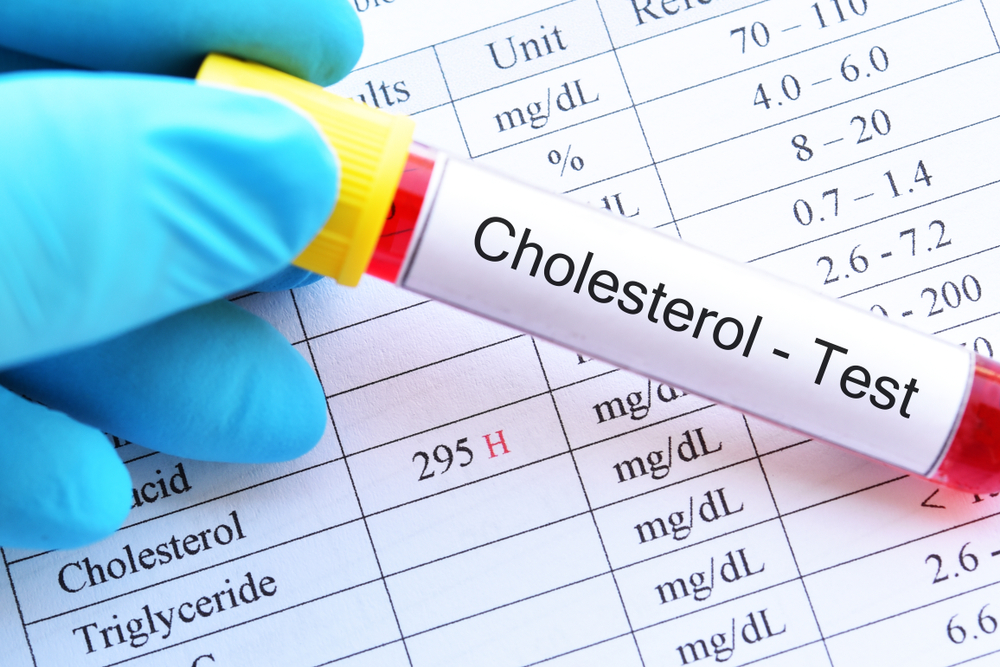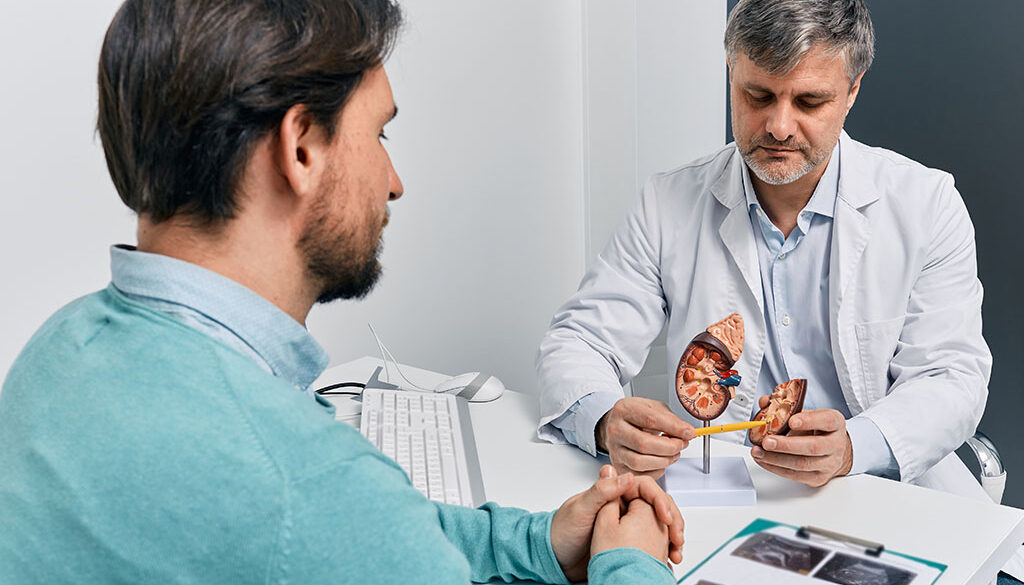As we get older, it can be easy to forget to take the time to check in on our physical health. But regularly monitoring your health is an important step toward living well and staying healthy.
In this article, we’ll explore three physical tests you are overdue for that will help you keep track of your health.
Thyroid Test

When it comes to monitoring your health, a thyroid test should be at the top of your list. This simple blood test can help detect any irregularities in the functioning of the thyroid gland and catch any diseases or conditions before they become more serious.
A healthy functioning thyroid is essential for energy production, metabolism regulation, and many other bodily processes. Therefore, if you have not had a recent test that measures your levels of thyroxine (T4) and triiodothyronine (T3), do so as soon as possible to ensure good health now and down the line.
Additionally, this test will help identify iodine deficiencies which are necessary for proper hormone production by the thyroid gland. Ultimately, making sure you take this key physical exam could save you from potential issues later on!
Body Mass Index (BMI) Evaluation
Understanding your Body Mass Index (BMI) is a great way to monitor your health. BMI measures the ratio between height and weight, indicating body fat levels.
Having a healthy BMI can reduce the risk of certain diseases, such as diabetes, hypertension, heart disease, and stroke. It’s important to know what your BMI is and how it affects your overall health so you can make changes if necessary.
To calculate your BMI all you need to do is measure your height in meters or inches and then divide that number by your weight in kilograms or pounds respectively.
You can use this result to determine if you are underweight, normal weight, overweight, or obese according to the World Health Organization’s guidelines for adults aged 18-65 years old.

Cholesterol Level Check
Cholesterol is a type of fat found in your blood. High cholesterol increases your risk of heart disease and stroke, so it’s important to get your levels checked regularly. If you haven’t had a cholesterol test recently, now is the time to do so.
It’s quick and easy – simply ask your doctor about lipid panels or fasting lipoprotein tests which can assess total cholesterol as well as LDL and HDL levels.
Knowing what these numbers mean will help you make better decisions about keeping yourself healthy for years to come!
Conclusion

Regular health monitoring is an important part of maintaining overall well-being. Getting regular physical tests can help detect any potential issues early and allow for treatment to begin as soon as possible.
So don’t wait – schedule a check-up today to make sure you’re in good health!







